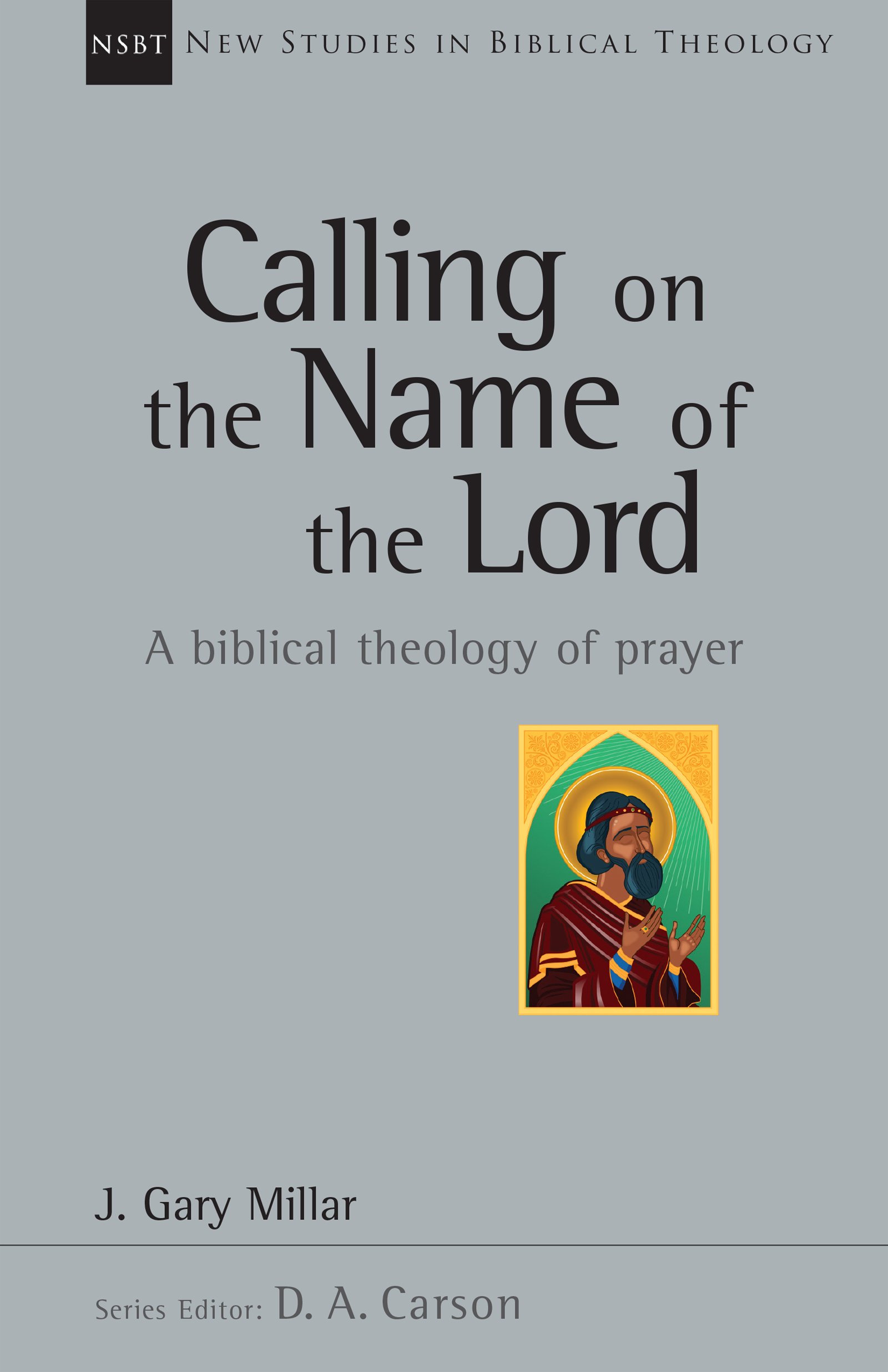A Brief Book Summary from Books At a Glance
By Jenny-Lyn deKlerk
Table of Contents
1. The Day Prayer Began: Prayer in the Pentateuch
2. Big Prayers and the Movements of History: Prayer in the Former Prophets
3. Praying in the Light of the Future: Prayer in the Latter Prophets
4. Praying for a New Covenant: Prayer in the Writings
5. The Psalms, the Messiah, and the Church
6. Jesus and Prayer: Prayer in the Gospels
7. The Church at Prayer: Prayer in the Book of Acts
8. Church Planting and Prayer: Prayer in Paul’s Letters
9. The End of Prayer: Prayer in the Later New Testament
Afterword: Afterword: Why This Matters—(Re) learning to Pray Big Prayers
Overview
Calling on the Name of the Lord by J. Gary Millar is part of the New Studies in Biblical Theology series. This series seeks to deal with contemporary issues in this discipline (which relate to the discipline itself, its relationship to other disciplines, the thought of particular writers and books, and the outlining of biblical themes) in order to help Christians understand the Bible. Though it seeks to interact with current scholarship, it also avoids technical terms and transliterated words.
Millar’s book contributes to scholarship on prayer in that it traces this theme throughout the Bible. He concludes that prayer is often linked to God’s redemptive plan and is often in response to a personal issue. Millar was inspired to see this connection through Calvin’s section on prayer in his Institutes, wherein he identifies prayer closely with the gospel. Millar explains that this link is unbreakable because “God’s promised and provided solution to the problem of human rebellion against him and its consequences” (p. 17) is prayer itself. In the Old Testament, calling on the name of Yahweh was asking God to deal with his people based on his promises, and in the New Testament this is redefined by Christ so that his people pray in his name on the basis of the gospel.
Summary
Chapter 1: The Day Prayer Began: Prayer in the Pentateuch
The first recorded prayer in the Bible is in Genesis 4:26, which says, “at that time people began to call upon the name of the LORD.” This section on listing descendants is not a climax, but a “salvation-historical anticlimax” wherein God’s people notice that his promise to provide an offspring from Eve to destroy the serpent has not yet been fulfilled. This causes them to call on the LORD. This phrase is found throughout the Old Testament and is best defined as “crying out to God in prayer” (p. 22) for him to come through on his promises. Thus, it is not a vague calling out but is connected to God’s plan of salvation and it is a mark of his people. This implies that this is the larger definition of prayer under which other categories of prayer (like lament and praise) fit, prayer and gospel cannot be separated (because to call on God based on his promises means to ask him to do something one cannot do for oneself), and prayer is designed for a sinful world (one can call on God because he first called, he responds to those who call on him in their troubles, and prayer will not be needed beyond this sinful world).
Millar tests his thesis by surveying important prayers in each book of the Pentateuch. In Genesis, Abraham, Abimelek, and Isaac pray according to God’s covenant promise for the promised son. Though their personal needs overlap with God’s promises, the latter is more prominent. This is seen most clearly in Jacob’s prayer. In Exodus, Moses directs his complaints to Yahweh for not keeping his promises, and his request for atonement is ignored on the basis of divine right and God’s commitment to keeping his promises. There is no reference to prayer in Leviticus, but Millar postulates that prayer and music must have been in the temple and that perhaps their absence is to distinguish praying to Yahweh from praying to other gods, as well as to show that only a perfect sacrificial death leads to atonement, not prayer itself. Numbers contrasts those who complain to each other versus those who bring their complaints to Yahweh through Moses. Moses responds so strongly to these complaints because of what he knows about God’s covenant. Because Moses’ prayer for Miriam is said in the context of the covenant, Yahweh answers. The first example of a prayer being outright rejected is in Deuteronomy when Moses asks to enter the promised land. Yahweh rejects this prayer because it was not part of his plan. Millar concludes that prayer is a privilege of being able to call on God and have him answer, but this answer is always given in the context of covenant.
Chapter 2: Big Prayers and the Movements of History: Prayer in the Former Prophets
Prayer in the former prophets follows the same trend of depicting prayer as calling on Yahweh to do what he promised, and Yahweh answering according to his promises. Joshua attempted to appeal to Yahweh forgetting his promises (which would jeopardize Yahweh’s reputation), but he misapplies this principle to the wrong situation and thus is not answered. The next reference to prayer in Joshua is Yahweh rebuking the people for not praying when faced with the threat of the Gibeonites, and the last reference to prayer is Yahweh’s defeating of the Amorites in response to Joshua’s prayer.
Judges is one of the most depressing books, but it also has many important sections on prayer because it is part of. . .
[To continue reading this summary, please see below....]The remainder of this article is premium content. Become a member to continue reading.
Already have an account? Sign In
